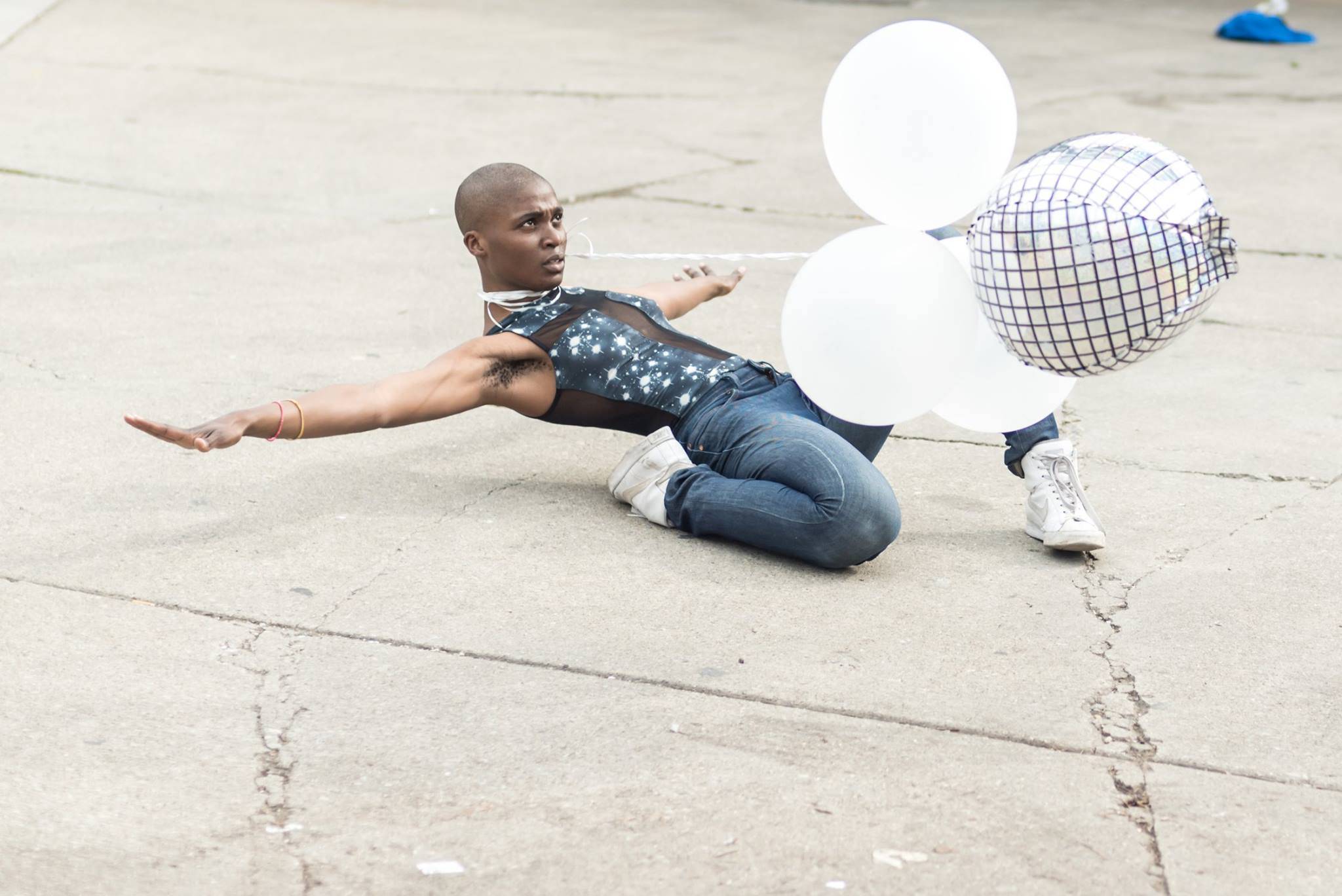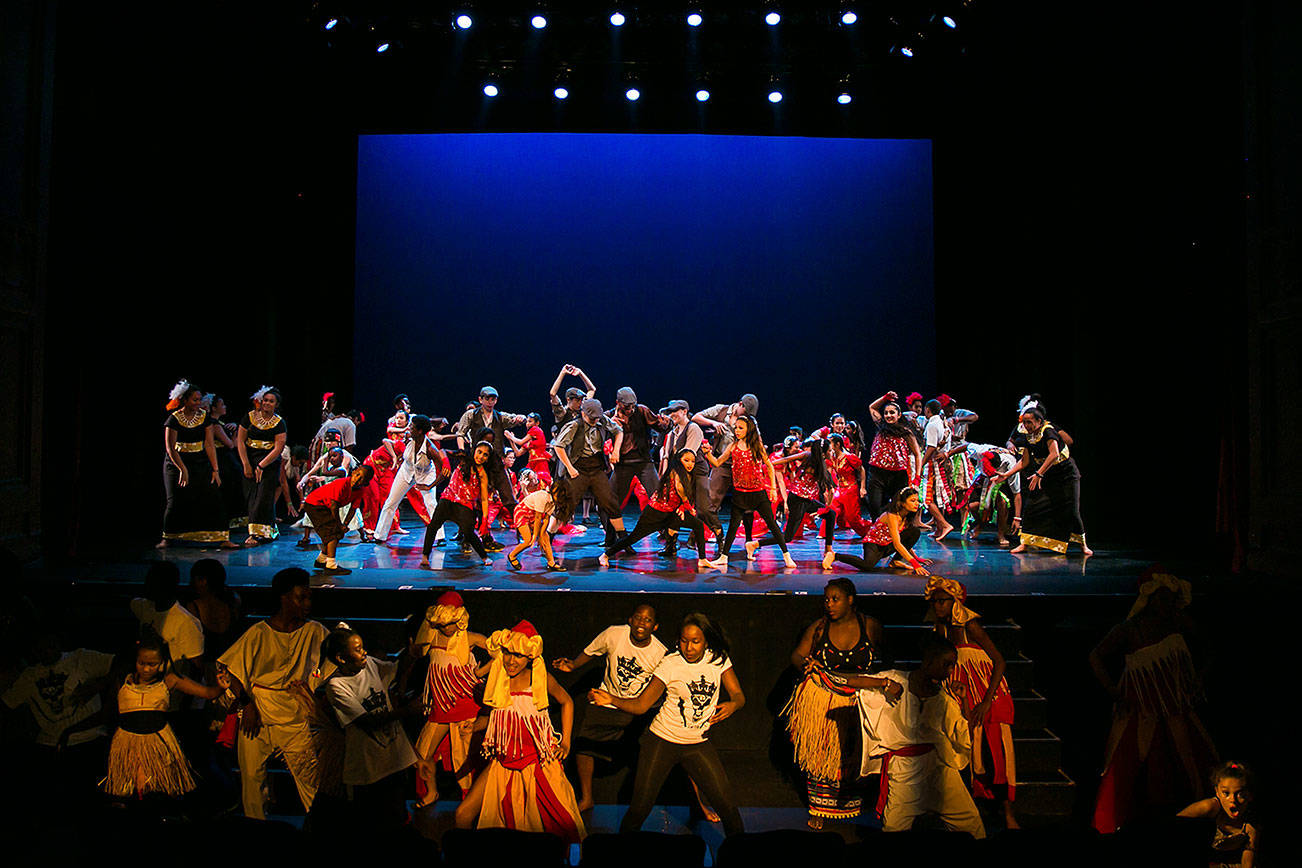In the past two months, Seattle audiences have been treated to a South African dance company at On the Boards (Boyzie Cekwana’s Floating Outfit Project); one of Australia’s leading comics at the Moore (Dame Edna); and the appearance of a major Azerbaijani composer at Benaroya Hall (Franghiz Ali-Zadeh). Presenters such as OtB, Seattle Theatre Group, the UW World Series, Town Hall, and others regularly bring visiting artists to Seattle stages, and our arts scene is the richer for it. But with federal regulations getting ever more complicated, it’s getting increasingly difficult for international artists to secure visas; recently, for instance, a clerical error by a consulate employee almost lost Syrian musician Abdullah Chhadeh his visa, which would have left an empty theater at Meany Hall on Saturday, April 29. Some presenters fear the situation has gotten so bad that the era of open, global cultural exchange is nearing its end.
Granted, it’s never been easy for foreign artists to enter the U.S. To qualify for a visa, you must be an “artist of distinction,” someone unique in your field. You need a “Letter of Non-Competition” from the appropriate union, stipulating that you’re not taking a job away from a U.S. citizen. You must have your engagements already in place, and you must not be a criminal.
But over the past five years, the usual hoops have become an obstacle course. Artists now need to apply at a major embassy for the coveted O or P visa (for individuals or organizations), complete a small mountain of paperwork, pass an interview, and have their fingerprints taken so that they can be sent through a biometric database designed to eliminate potential terrorists. There is only one embassy in each country equipped with the necessary electronic tools, and each artist must appear in person at that embassy, frequently at least twice. If you’re a soloist living in a city with a U.S. embassy, it’s hard enough, but if you’re one of the 35 members of Les Ballets Africains (recently seen at Meany Hall), living scattered across the Republic of Guinea when you’re not on tour, the logistics are nearly impossible. Additionally, if you want to guarantee that your application will be considered in a timely fashion, you need to pay for “premium” processing. According to On the Boards’ artistic director, Lane Czaplinski, at $1,000 per applicant, it’s sometimes more than the artist will receive in fees for his or her performance.
Almost every presenter has a story to tell about rising costs, increased paperwork, and extended processing times. Last-minute pleas at faraway consulates have become commonplace; numerous concerts have been canceled or postponed. Even venerable companies with long histories of touring find it difficult to get visas. Last year, Seattle Theatre Group’s director, Josh Labelle, had to solicit letters from local officials to support applications by the Bolshoi Ballet and the Lyon Opera Ballet. “Visas are a real issue here. It clearly has an impact in Seattle for STG, for On the Boards, and Meany. . . . We’re all in the business of presenting international arts so we can look beyond our shores,” Labelle says.
The difficulties are multiplied when the artists might be seen as controversial. For the third edition of its acclaimed Icebreaker series, which focuses on the music of a particular part of the world, the Seattle Chamber Players invited two well-known Iranian scholar-artists to participate. One had his application denied, while the other was finally defeated by the sheer bulk of the paperwork and withdrew from the process. Czaplinski, of On the Boards, which frequently presents artists working on the vanguard of their disciplines, is afraid presenters will start hedging their bets, staying away from work that challenges political or social conventions. With mainstream artists having trouble getting into the U.S., he says that for “artists who are further off the radar,” it’s even tougher. “It’s hard [for us] to bring these international artists; for small or midsized organizations, it’s overwhelming.”
Increasingly, the high cost and incredible hassle of booking foreign artists are turning more people away from that choice. Fewer managers will represent them, fewer presenters will book them, and in the end, fewer audiences will see them. Meany Hall Director Matt Krashan understands the security concerns that drive many visa decisions (“The exposure to risk is so much higher than it’s been in the past”), and he tries to make the best of it, because “artists are a part of an ongoing dialogue between countries, between us and the outside world.” Karen Hanan of Arts Northwest, a consortium of regional arts presenters, is more pessimistic and more blunt: “It’s dumbing down the cultural landscape,” she says.








